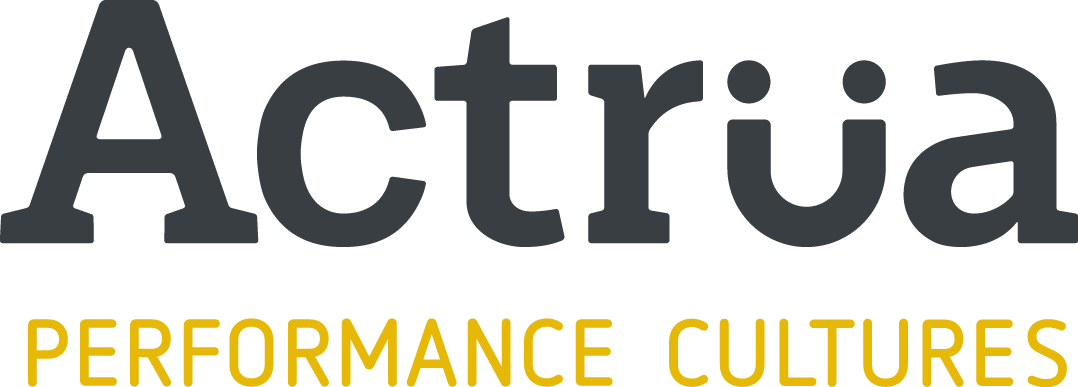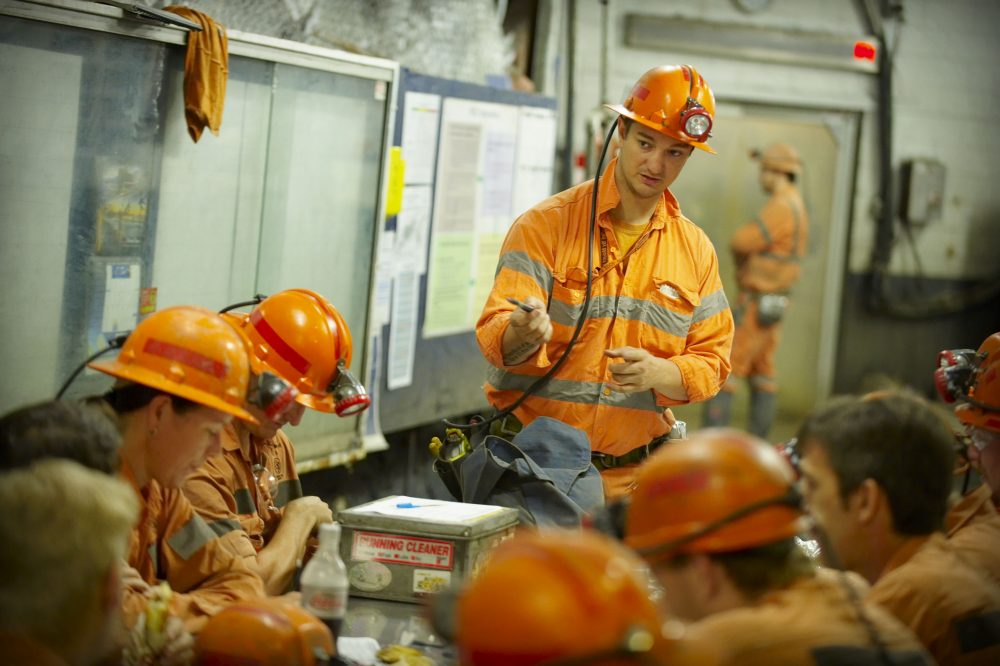When was the last time you had a courageous conversation? Can you recall the issue? Do you remember the emotions that you were feeling? I’ll bet you were outside your comfort zone and perhaps even worried about the consequences, but you still had the conversation despite this. The reason that we call them courageous conversations is because they are difficult and it takes courage to have them. The word courage originates from the Latin word Cor, which means the heart. My experience has shown that Courageous Conversations are at the heart of any high performing safety culture.
Courageous conversations can occur in a whole variety of settings that include the workplace, during interactions with team members, peers, leaders or customers. They can also happen at home, with your partner, children or other family members. The ability to have an effective and constructive courageous conversation is a great life skill, as well as being a fundamental element of a high performing safety culture.
Courageous conversations must happen at all levels in an organisation, with senior executives, frontline leaders and the workforce all having a crucial role to play. Speaking to a senior operational executive recently, he can recall at least three or four potentially catastrophic incidents over a two year period that were averted because workers had the courage to speak up. Think about that for just a minute. No doubt about it, conversations save lives.
For some people, not many, the ability to have a courageous conversation appears to come naturally. Appearances can also be deceiving. The reality is, it is a high value skill that we should be investing to develop in all our leaders and workforce. Protecting health and safety is a great reason to develop our individual and collective courageous conversation “muscles”. The bonus that comes with it is you just watch the performance and productivity of the business ignite when your teams are having collective courageous conversations.
To effectively build the capacity for courageous conversations requires a shift in both skills and beliefs. Both can be effectively developed. This can be done through well facilitated group workshops or individual coaching. It is always essential that adult learning principles are utilised so that learning is practical, hands on and can be readily applied. The faster someone applies and practices the skills, the sooner they will become proficient at it. Ideally managers will be encouraging and role modelling the same behaviours.
The power of courageous conversations will be truly harnessed when it becomes part of a shared understanding and language across the business. No longer are leaders or workers reluctant to speak up because they know that their manager or team mate know where they are coming from when they say “Mate, I’d like to have a courageous conversation with you”. They understand that this is not an ego driven conversation. It is a conversation that is being initiated because the person cares.
In closing, I’d like to share a courageous conversation I recently had. I was part of a touring party that was travelling for consecutive days on a bus. On the first morning, I noticed the driver taking his eyes off the road as he talked to the passenger beside him. Whilst doing so, I also noticed that he crossed the centre lines on more than one occasion with on-coming traffic. It was time for a courageous conversation. First opportunity I had a quiet word to him, away from others. He acknowledged my concern for the safety of the passengers, his dignity was maintained and his behaviours shifted immediately.
Having the right conversation, in the right way can make all the difference. Courageous conversations can change lives.







